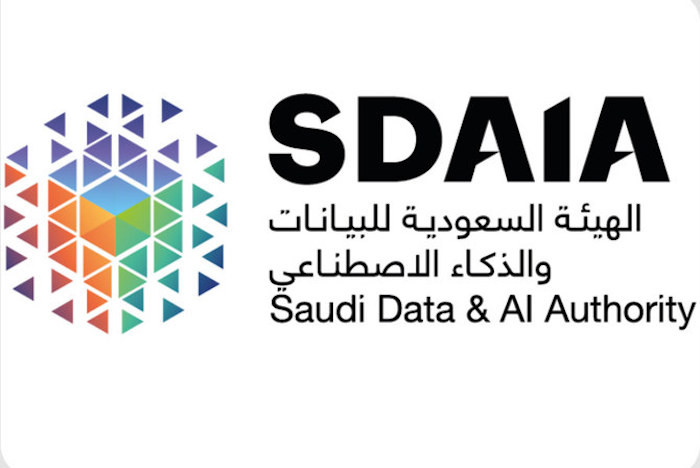
Saudi charity platform head dismissed for transgressing regulations
Saudi Authority for Data and Artificial Intelligence (SDAIA) has announced the dismissal of Abdul Aziz bin Ahmed Al-Hammadi from his position as CEO of the Ehsan platform for charitable work. The decision came after he addressed some parties implying indirectly and unacceptably that contributions to the platform are periodically reported to the leadership, which is not the case as nothing is reported in this regard.
SDAIA added that Ehsan is a mere voluntary platform created for noble goals that do not align with such unacceptable implications, and is governed by organized regulations and a supervisory committee of 11 governmental bodies.
Attorney Hicham El-Faraj said that since the establishment of the Kingdom, the rulers have emphasized the preservation of the rights of all.
“To exploit the prestige of the State to entrust individuals with irregular assignments by force or through intimidation is a criminal activity.”
He said that if it appears that there is a personal interest behind this irregular assignment, the concerned person will be tried by the competent jurisdictions in cases of financial and administrative corruption.
El-Faraj also stated that the state took a stand against beggary under Royal Decree no. m/20 of 9/2/1443 AH, by defining as beggars “those who beg to obtain other people’s money for free or for an unintended consideration in cash or in-kind, directly or indirectly, in public or private places, or through modern technology and communication means, or by whatever means.”
Attorney and legal counsel Saad bin Abdul Wahab Assiri said that the employer may terminate the employee's contract under article 80 of the Labor Code: “If it appeared that the employee mis-behaved…” and “if the employee has committed – intentionally – any act or omission intended to cause material loss to the employer…”
He said that this gives the employer the right to terminate the employee's contract without bonus, compensation or notice after the employee has been allowed to present any objections.
Attorney Massaad Al-Shamal said that the decision reflects the transparency of the Ehsan platform, the strict control it is subject to, and the governance of all its procedures, as well as the refusal to deviate from its goals and the purposes for which it was created. He added that the immediate announcement of the termination decision confirms SDAIA’s strict will to adhere to the objectives of the platform, not deviate from them, and continue to monitor the work of the platform.



























